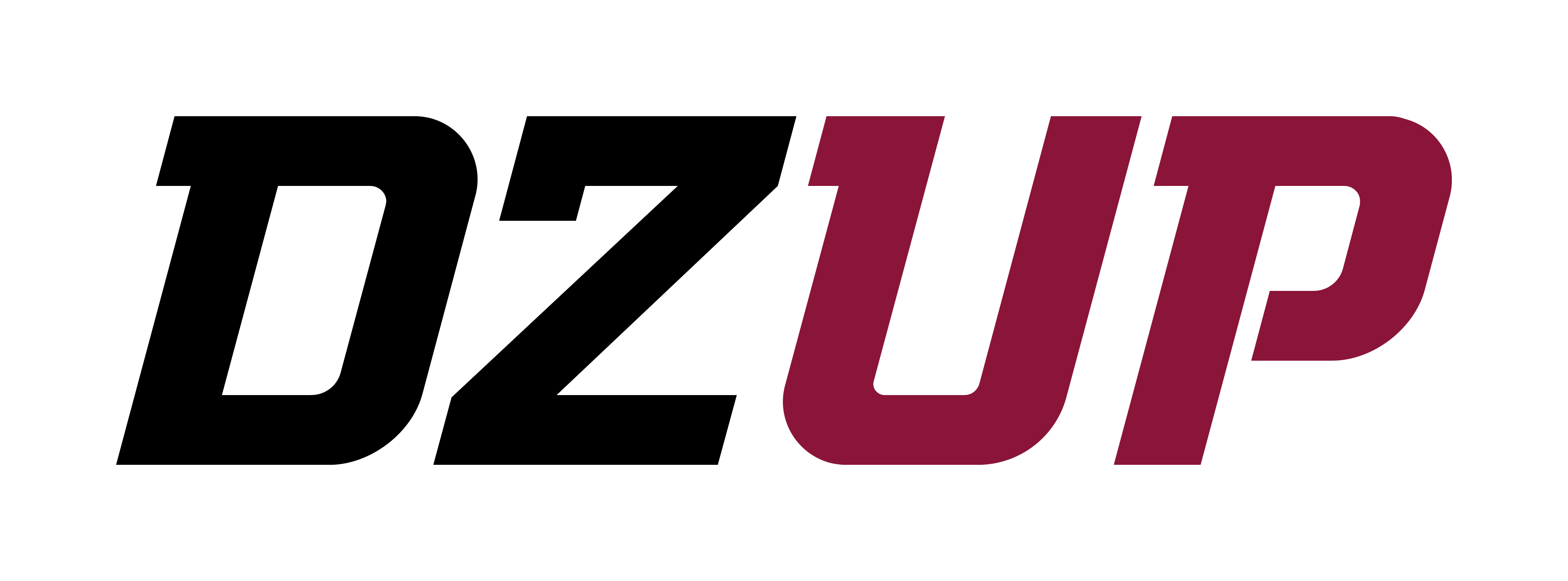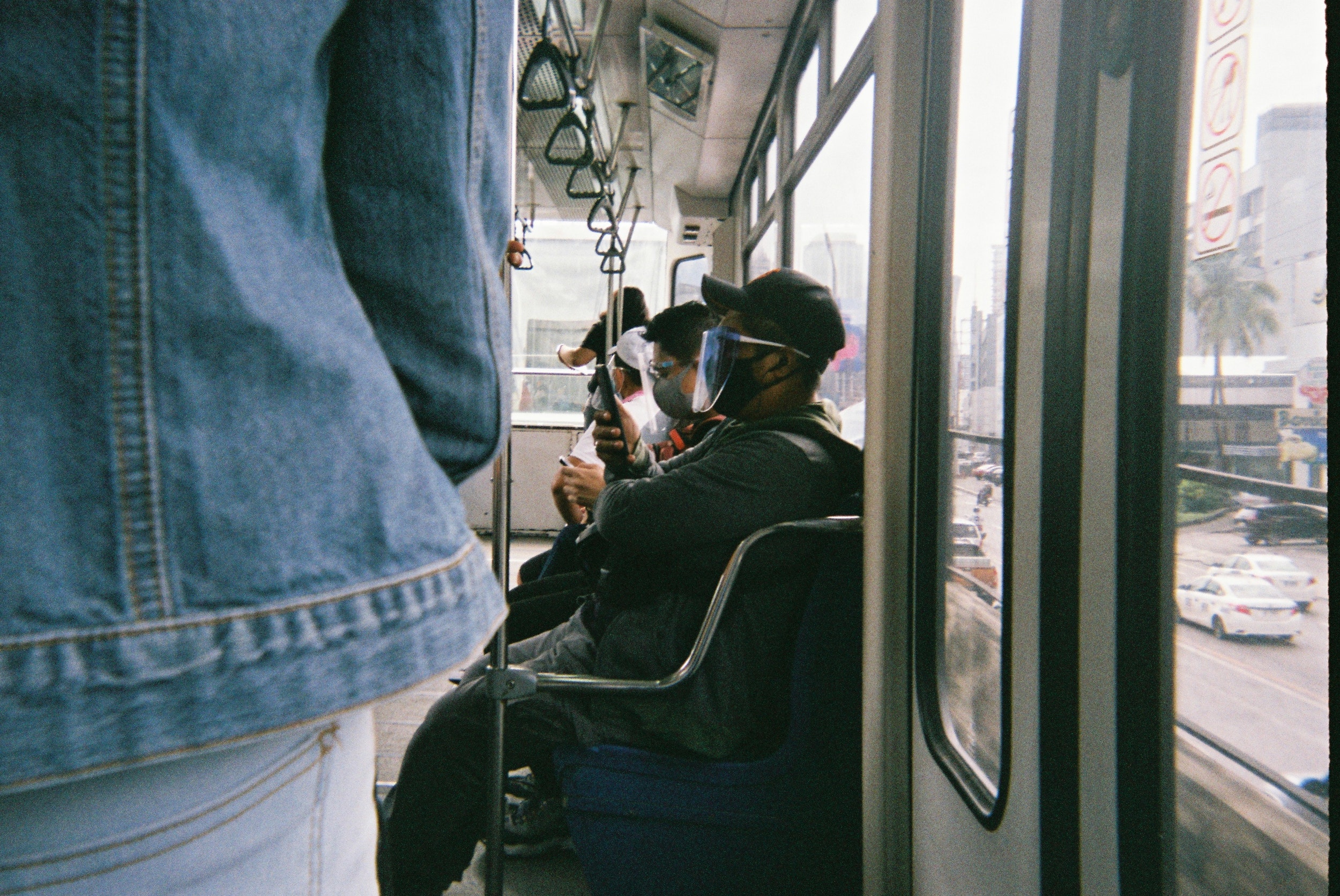With Metro Manila on Alert Level 3 until Nov. 13, local government units (LGUs), as well as the independent research group OCTA, welcome the possibility of relaxing lockdown restrictions to Alert Level 2 in the national capital.
Guidelines from the Inter-Agency Task Force for the Management of Emerging Infectious Diseases’ (IATF) state that Alert Level 2 is applicable to areas where “case transmission is low and decreasing, healthcare utilization is low, or case counts are low but increasing, or case counts are low and decreasing but total bed utilization rate and intensive care unit utilization rate is increasing.”
Some Metro Manila mayors have previously expressed their readiness to ease quarantine guidelines in their respective jurisdictions should COVID-19 cases continue to dip.
Low risk
As of Nov. 3, there are 38,014 active cases of COVID-19 in the country. On the same day, the Department of Health (DOH) recorded 1,591 new cases – the country’s lowest single-day tally in eight months.
In a Nov. 1 briefing, OCTA fellow Guido David said that the research group supports relaxing restrictions in NCR to Alert Level 2 by the second half of November.
“Based on our reading of the data, it’s actually safe to reopen our businesses at this time,” he said.
He noted that while the decision is still up to the DOH and IATF, their data shows that the 5% positivity rate in NCR is “an ideal number recommended by the World Health Organization.”
According to the latest data from the DOH, intensive care units in NCR are 39% occupied while 29% of ventilators are currently being used.
David also said that the high vaccination rate in the region is another reason to lower NCR’s Alert Level status. He noted that more than 80% of the region’s adult population is already fully vaccinated. Vaccination for minors is also starting to roll out.
READ: PH to start vaccinating minors against COVID-19
“The chance of [another COVID-19 surge] is lower because many in Metro Manila are already protected. So we support the relaxation to Alert Level 2 so that our businesses could recover, but we should do so in a safe manner,” he said.
Placing the region on Alert Level 2 – the second loosest restriction in the IATF’s Alert Levels System – will allow establishments including schools and businesses to open at up to 50% indoor capacity for vaccinated individuals and 70% outdoor venue capacity.
Opening up
Most businesses excluding casinos and gaming establishments will be allowed to operate under Alert Level 2. Recreational venues such as theme parks and cinemas will also be opened at a limited capacity.
Licensure examinations, as well as entrance exams, will be allowed upon the approval of the IATF.
Contact sports, as approved by the LGUs of their respective venues, will also be allowed under the relaxed alert level.
In a Tinig ng Plaridel report, UP College of Human Kinetics Dean Francis Diaz revealed that about 85% of UP varsity athletes have received at least one dose of the COVID-19 vaccine in preparation for the tentative resumption of select University Athletic Association of the Philippines (UAAP) games in early 2022.
Face-to-face classes
Limited face-to-face classes for basic education are allowed under Alert Level 2 and upon approval of the president.
The Department of Education will begin its pilot run of physical classes on Nov. 15 with 100 public schools outside Metro Manila.
Higher education institutions (HEIs) and technical-vocational education will also be allowed to hold limited face-to-face classes under Alert Level 2 status.
In a statement, the Commission on Higher Education (CHED) said that it has presented “evidence on the ground” to the IATF that HEIs are ready to conduct limited face-to-face classes across all degree programs.
“Based on the data we gathered on the ground, there is a small percentage of students and faculty members who were affected by COVID-19. I’m convinced that it is safe to hold face-to-face classes and it can be expanded to cover other degree programs,” CHED Chairman Prospero de Vera III said.
Various colleges in UP Diliman in Quezon City are also beginning preparations for the conduct of physical classes.
READ: UP Diliman gearing up for limited face-to-face classes
According to OCTA, Quezon City is now classified as low risk for COVID-19. As of Nov. 3, the city has fully vaccinated 1,768,688 individuals or 104.04% of its 1.7 million target population.
As part of the University’s student vaccination program, the UP Diliman Office of the Vice Chancellor for Student Affairs (OVCSA) requested students who wish to be vaccinated to answer a registration form by Nov. 11. Eligible students include UP Integrated School students aged 12 to 17 years old. The vaccination program will be held on Nov. 13. DZUP

